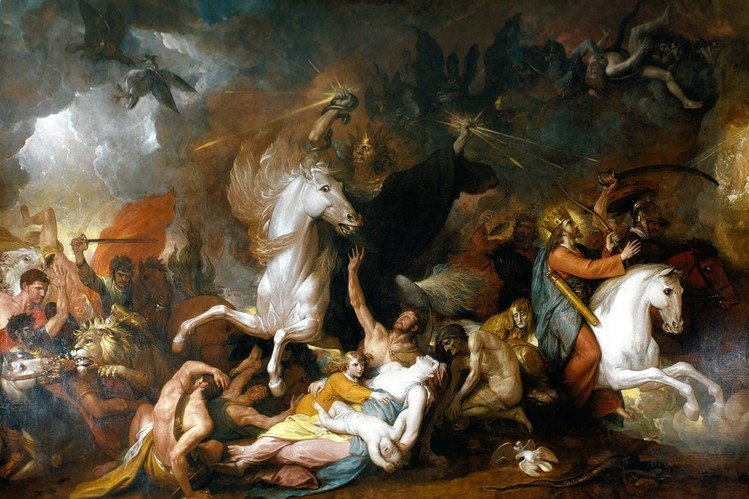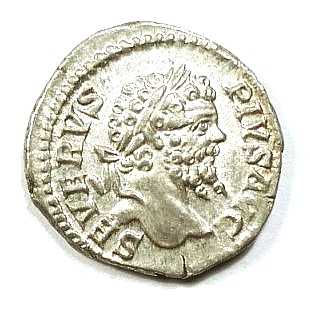The Greek word translated “pale” means a sickly pallor, when referring to persons. (The First Four Seals, 96-300 AD, pg. 27.)
Strong’s G5515 : chloros. adj. (a) green, Mk. 6:39; Rv 8:7; (b) pale, pallid; fig., the color of Death’s horse, Rv 6:8.
Jay P. Green, The New Englishman’s Greek Concordance and Lexicon, p. 919.
Pallid : “deficient in color : wan; lacking sparkle or liveliness.”
Webster’s Dictionary.

